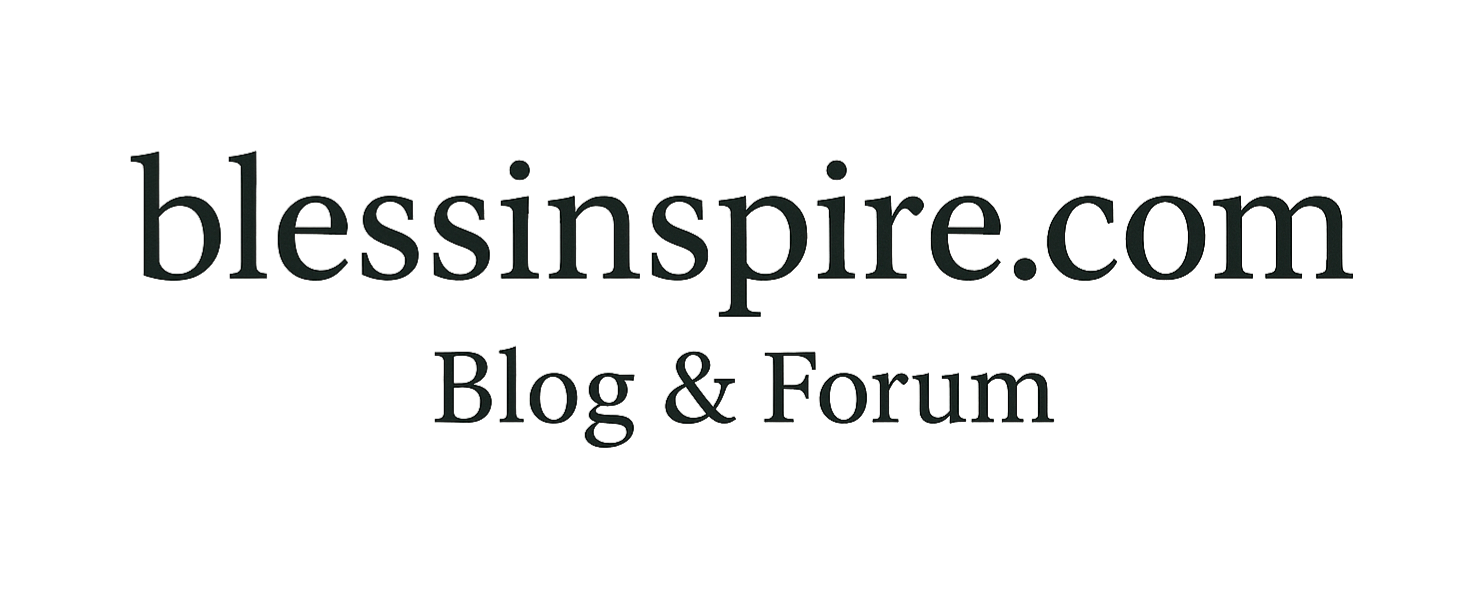The Lagos State Government has intensified its citywide sanitation drive as Lagos seals Dowen College in Lekki Phase 1 over alleged indiscriminate waste disposal.
Announced by the Commissioner for Environment and Water Resources, Tokunbo Wahab, the enforcement followed a field operation by the Lagos State Environmental Sanitation Corps (LAGESC) working with the Lagos State Waste Management Authority (LAWMA).
According to the update, operatives traced improperly managed waste to the school premises and moved swiftly to shut the facility pending compliance.
This decisive action underscores the administration’s commitment to cleaner neighborhoods, stronger compliance, and public health protection.
Why Lagos sealed Dowen College and what the law requires
Under Lagos sanitation rules, producers of waste—households, businesses, and schools—must store refuse properly, subscribe to accredited waste managers, and ensure timely collection and disposal.
Indiscriminate dumping, open exposure of refuse, or contracting unaccredited handlers attract penalties, including sealing of premises.
In this case, officials allege that waste traced to the institution breached these standards, prompting immediate enforcement.
By closing the premises, regulators aim to stop further infractions, compel remediation, and send a clear message to organizations that non-compliance will be met with firm action.
What happens next for the school and the community
When Lagos seals Dowen College or any non-compliant facility, the next steps typically include an environmental audit, a remediation plan, and documented compliance with LAWMA guidelines before reopening.
Schools are expected to demonstrate proper waste storage infrastructure, proof of subscription to approved operators, staff training for waste segregation, and safer collection points that do not endanger road users or neighbors.
The process also includes payment of applicable fines and an undertaking to maintain best practices going forward.
Citywide context: zero-tolerance on indiscriminate waste disposal
This action aligns with ongoing operations by LAGESC and LAWMA to reduce littering, flooding from clogged drains, and vectors linked to poorly handled refuse.
With Lagos’ dense population and high waste generation, consistent enforcement is key to keeping streets clean and preventing public-health risks.
Residents and institutions are encouraged to report illegal dumping, avoid patronizing informal cart pushers, and follow accredited disposal channels outlined by LAWMA.
How businesses and schools can stay compliant
- Maintain covered, clearly labeled bins and avoid overfilling or exposing waste to the open.
- Subscribe to accredited Private Sector Participants (PSPs) via LAWMA and keep receipts or service logs.
- Train staff and students on waste segregation and proper handling to reduce contamination and pests.
- Schedule pickups to prevent overflow, especially after events or peak activity periods.
- Report illegal dumpers and work with community associations to keep frontage and drain channels clear.
Authorities emphasize that enforcement will continue across all sectors—education, hospitality, retail, and residential estates—so that the city remains clean, safe, and healthy for all residents.
As regulators tighten oversight, Lagos seals Dowen College stands as a high-profile reminder that environmental laws apply to every institution, regardless of size or status.
Authoritative resources
For official guidance on waste collection, compliance, and accredited operators, see Lagos State Waste Management Authority (LAWMA). For broader public-health context on safe waste handling, consult the World Health Organization’s resources on waste and health.
